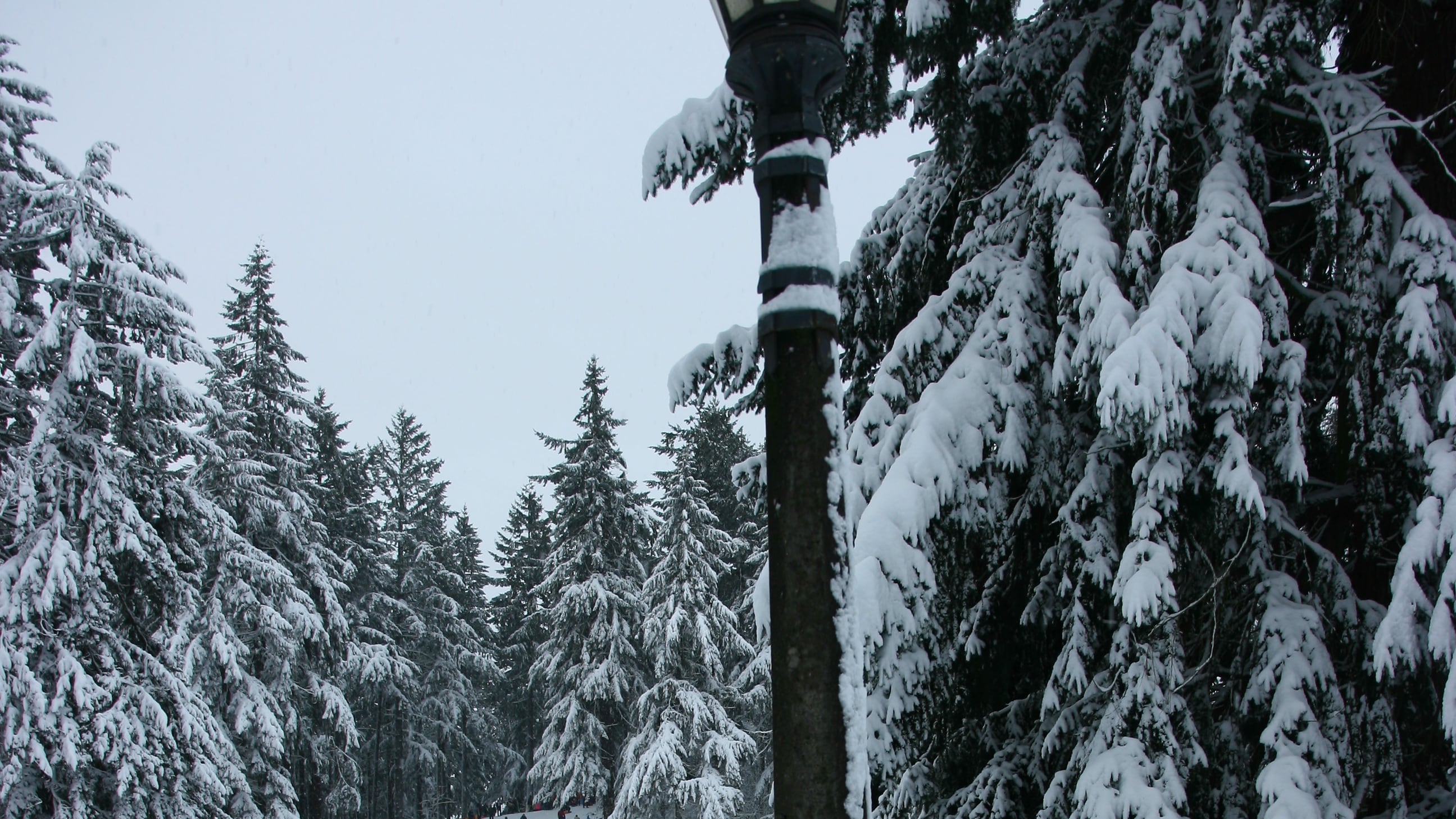Portland Parks & Recreation announced earlier this week that it would remove 243 light poles across 12 city parks. The city said those light poles could pose “life and safety hazards” to Portlanders walking beneath them—and cited an investigation last year by the bureau that revealed structural deficiencies in the hundreds of light poles it now plans to haul away.
Records obtained by WW reveal the reason the city began its investigation: a tort claim notice the city received July 18, 2022, alleging that a person was partially crushed by a light pole in Irving Park in Northeast Portland. (A tort claim notice notifies the recipient of an impending lawsuit. KATU first reported the incident in June 2022 but the city did not announce removal of light poles until this week.)
On June 23, the tort claim states, the plaintiff “was in a hammock attached to a tree and a cement lamp post in Irving Park. As a result of the City of Portland failing to properly construct, maintain and warn about the failing cement lamp posts, it broke and landed on [name redacted] causing [injury redacted].”
The attorney for the plaintiff demanded that the city “preserve the cement pole and any other poles removed from Irving Park so we can inspect the poles.” The attorney also requested copies of any other complaints involving poles at city parks.
A GoFundMe account set up in the wake of the incident offers additional details. It explains that a babysitter and the young boy she babysat regularly were lying on a hammock strung between a concrete light pole and a tree when “it snapped at its base and came down on them, pinning [the child] and her to the ground. Although she was concussed and pinned to the ground by the post, [the babysitter’s] focus was on the safety of our children. Her screams brought the crowd that was able to lift the post off of them. Ambulances rushed both of them away.”
Mark Ross, a parks bureau spokesman, says the city began its investigation after that incident.
“[The accident] allowed Portland Parks & Recreation to inspect that specific light pole and then others out of caution,” Ross says. “Then a structural engineer discovered certain design flaws in some older poles which had previously been unknown and hidden.”
The city received a second communication from the woman’s attorney Nov. 23, stating that she was still in treatment for the injuries she had sustained from the incident. The attorney added that he would present a settlement demand to the city once his client is medically stable.

